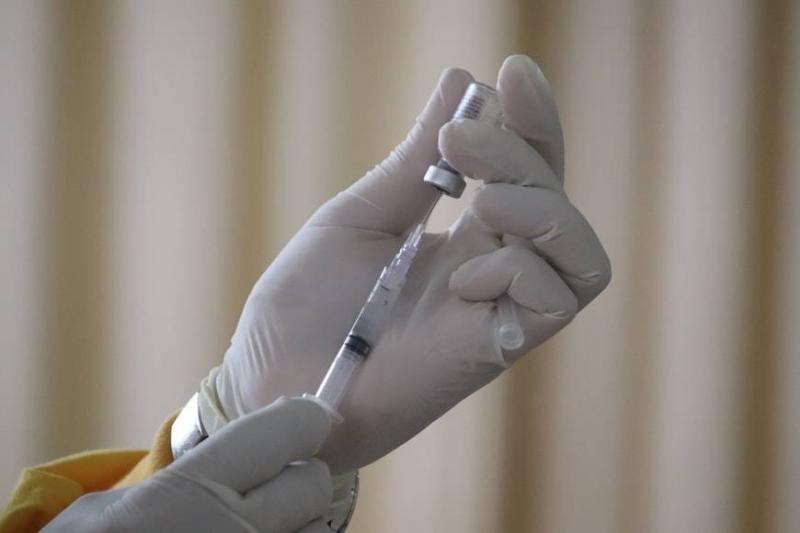British researchers are testing a new vaccine against the coronavirus that does not use needles, aiming to make vaccination more effective against new variants that occasionally emerge, threatening to restart the battle against the pandemic. The potential vaccine also seeks to make the vaccination process against COVID-19 "less painful," even though the current needle prick is very minor.
According to British news network "Sky News," scientists from the University of Southampton are experimenting with a vaccine that is administered via an aerosol, through the skin, with the dose accurately delivered to the body and targeted areas. This vaccine dose is taken by placing the compound in a small device, then adhering a plastic part of it to the skin in the arm area, after which it is pressed and pushed to enter the vaccine through the skin.
The scientific team states that the potential vaccine will provide broad immunity against COVID-19 and will also assist against future new variants and potential viruses from the coronavirus family. Researcher Sol Faust, director of the clinical trial facility at the UK National Health Institute in Southampton, explained that this vaccine considers existing variants and those that will appear in the future.
Most of the currently available vaccines against COVID-19 use sequences of ribonucleic acid, relying on the part known as the "spike" protein from samples of the coronavirus first identified in late 2019.
Targeting Variants
The new vaccine technology aims to predict how the virus will mutate, and if achieved, vaccination will be able to target increasing variants. Professor Jonathan Heaney from the University of Cambridge developed the vaccine in collaboration with research company "DIOSynVax," stating in a press release, "When new variants spread, immunity begins to wane, which is why we need new technologies." He added that it is essential for scientists to continue developing a new generation of potential vaccines to protect people from future threats posed by the virus.
He described the potential new vaccine as innovative, both in terms of how it is administered and in the way it stimulates the human immune system to combat viruses in the "coronavirus family." Trials included individuals from the Southampton area, who received two doses, but there was no mention of testing a third booster dose.




